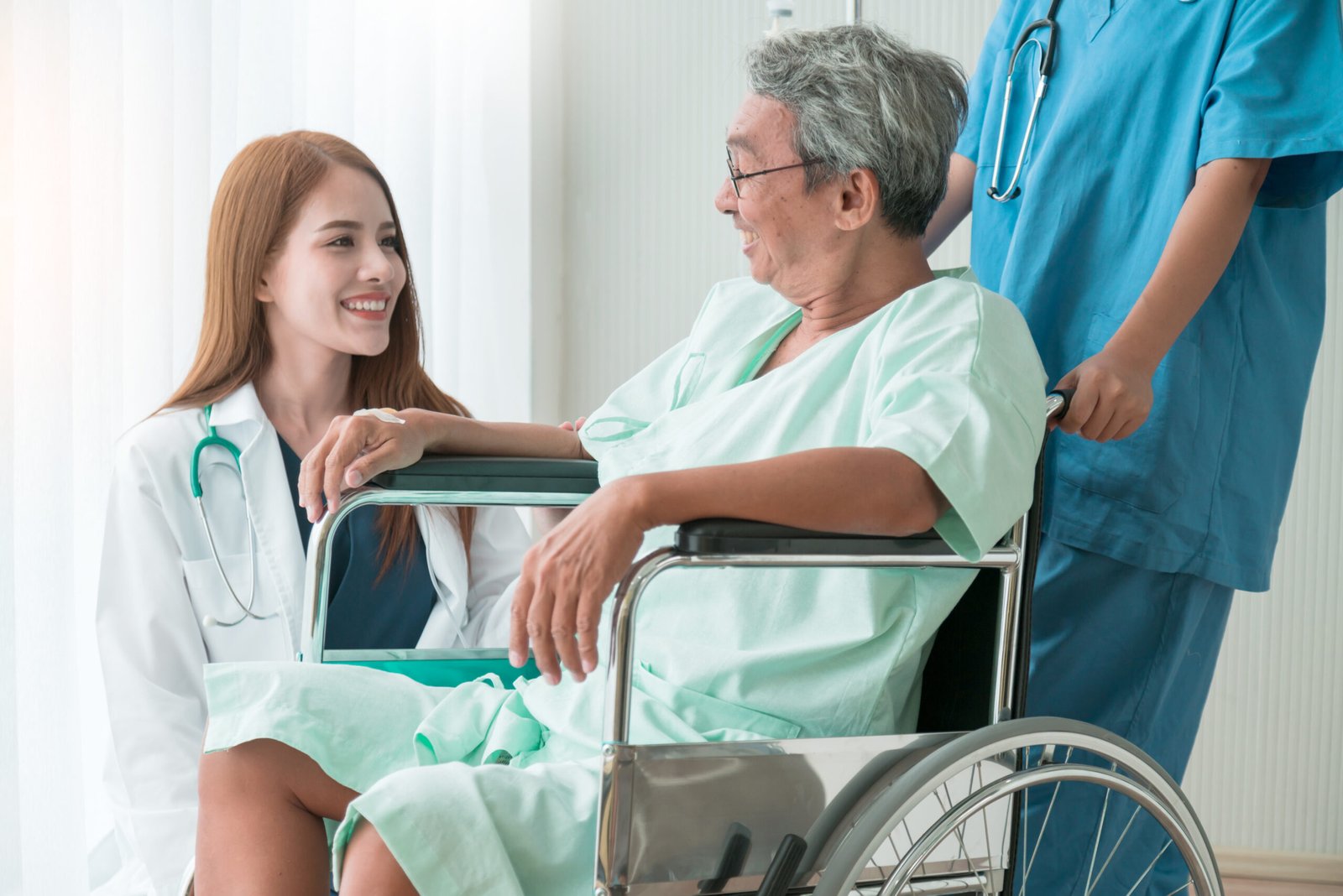Urgent Care for Gastrointestinal Issues: When to Seek Help
Gastrointestinal (GI) issues can arise suddenly and vary in severity, from mild discomfort to serious conditions that require urgent medical attention. Understanding when to seek help is crucial for ensuring timely treatment and preventing complications. This article explores common gastrointestinal conditions like food poisoning, gastroenteritis, and abdominal pain, outlining key symptoms and treatment strategies.
Common Gastrointestinal Conditions Requiring Urgent Care
- Food Poisoning Food poisoning is caused by consuming contaminated food or water, often leading to symptoms like nausea, vomiting, diarrhea, and abdominal cramps. In mild cases, symptoms may resolve on their own within a day or two. However, you should seek urgent care if you experience:
- Persistent vomiting or diarrhea lasting more than 48 hours
- Signs of dehydration such as dry mouth, dizziness, or dark urine
- Severe abdominal pain or cramps
- High fever (over 38°C / 100.4°F)
- Blood in your stool
Treatment: Urgent care providers may administer IV fluids for dehydration, prescribe anti-nausea medications, or recommend lab tests to identify the specific bacteria or virus responsible for the food poisoning.
- Gastroenteritis Gastroenteritis, often referred to as the stomach flu, is inflammation of the stomach and intestines due to a viral or bacterial infection. Symptoms typically include nausea, vomiting, diarrhea, and stomach cramps. In most cases, it is self-limiting, but urgent care may be necessary for:
- Severe or prolonged diarrhea (lasting more than 3 days)
- Uncontrollable vomiting
- Signs of dehydration, such as dry skin or a rapid heartbeat
- High fever or chills
- Blood in stool or vomit
Treatment: For gastroenteritis, rehydration is essential. IV fluids, electrolyte replacement, and anti-diarrheal medications may be administered in urgent care settings. Antibiotics may be prescribed for bacterial infections.
- Abdominal Pain Abdominal pain can have many causes, ranging from indigestion to more serious conditions like appendicitis or a bowel obstruction. While occasional mild discomfort may not require medical intervention, urgent care should be sought if you experience:
- Sudden, severe, or sharp abdominal pain
- Pain localized to a specific area (such as the lower right side, which could indicate appendicitis)
- Pain accompanied by fever, nausea, or vomiting
- Bloating or inability to pass gas or stools
- Pain after a recent abdominal injury
Treatment: Depending on the underlying cause, treatment may involve pain management, diagnostic imaging (such as an ultrasound or CT scan), or referral to a specialist for further evaluation. Conditions like appendicitis may require surgical intervention.
When to Seek Help
Knowing when to seek medical attention is crucial for preventing serious complications. You should visit an urgent care center or emergency department if you experience:
- Severe or persistent symptoms (lasting more than 48 hours)
- Signs of dehydration
- High fever, chills, or confusion
- Blood in your stool or vomit
- Severe or localized abdominal pain
- Inability to keep liquids down
For most gastrointestinal issues, early intervention can provide relief and prevent the condition from worsening. Urgent care providers can quickly diagnose and treat these problems, helping you recover faster and avoid unnecessary complications.
Conclusion
Gastrointestinal issues, while common, can become severe if left untreated. Whether you’re dealing with food poisoning, gastroenteritis, or unexplained abdominal pain, it’s important to recognize the warning signs that require urgent care. By seeking timely help, you can ensure appropriate treatment and a faster recovery.






